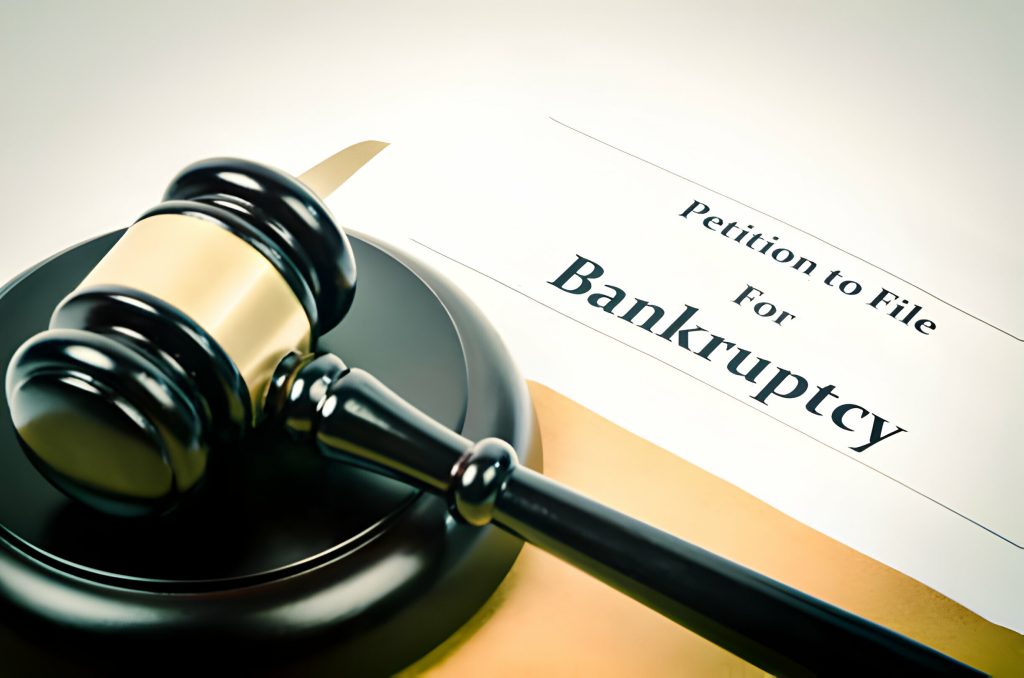Before you make the decision to declare bankruptcy, there are a few important questions you need to ask yourself. Understanding your financial situation, the different types of bankruptcy, and considering alternatives are crucial steps to take. Additionally, evaluating the long-term impact and seeking professional advice can help you make an informed choice. In this article, we will discuss these five questions in detail to guide you through this challenging process.
Assessing Your Financial Situation
Assess your financial situation before considering bankruptcy. It is crucial to objectively evaluate your financial circumstances before making any decisions about declaring bankruptcy. Start by gathering all your financial documents, such as bank statements, credit card bills, and loan agreements. Take a close look at your income, expenses, and debts to get a clear picture of your financial health.
Begin by calculating your total monthly income, including wages, self-employment income, and any other sources of income. Next, list all your monthly expenses, including rent or mortgage payments, utilities, groceries, transportation costs, and any other regular expenses. Subtract your total monthly expenses from your income to determine your disposable income.
Next, make a comprehensive list of all your debts, including credit card balances, medical bills, personal loans, and any outstanding tax obligations. Take note of the interest rates, payment terms, and deadlines for each debt. This will help you understand the severity of your financial situation and prioritize your debts accordingly.
Consider seeking professional advice from a financial counselor or bankruptcy attorney. They can provide guidance based on your specific circumstances and help you explore alternatives to bankruptcy, such as debt consolidation or negotiation with creditors.
Understanding the Different Types of Bankruptcy
To better understand your options, it is important to familiarize yourself with the different types of bankruptcy. This knowledge will enable you to make an informed decision about the best course of action for your financial situation. Here are three types of bankruptcy that you should be aware of:
- Chapter 7 Bankruptcy: This is the most common type of bankruptcy and is often referred to as liquidation bankruptcy. It involves the sale of your non-exempt assets to repay your creditors. Chapter 7 bankruptcy typically provides a fresh start by discharging most of your debts.
- Chapter 13 Bankruptcy: Also known as reorganization bankruptcy, Chapter 13 allows individuals with a regular income to create a repayment plan to pay off their debts over a period of three to five years. This type of bankruptcy is suitable for those who have a steady income and want to keep their assets.
- Chapter 11 Bankruptcy: Typically used by businesses, Chapter 11 bankruptcy allows for the reorganization of debts while the business continues to operate. It provides an opportunity for companies to renegotiate their debts and develop a plan to repay creditors over time.
Considering Alternatives to Bankruptcy
If you’re hesitant about filing for bankruptcy, there are alternative options you should consider. Bankruptcy is not the only solution to your financial woes. It is important to explore other avenues before making a decision. Here are some alternatives to bankruptcy that you can explore:
| Alternative | Description |
|---|---|
| Debt consolidation | This involves combining all your debts into a single loan, making it easier to manage and pay off. |
| Debt settlement | In this option, you negotiate with your creditors to settle your debts for less than what you owe. |
| Credit counseling | A credit counselor can help you create a budget and develop a repayment plan to get your finances back on track. |
These alternatives may offer you a way to resolve your financial difficulties without resorting to bankruptcy. However, it is important to carefully consider each option and seek professional advice before proceeding. Keep in mind that the effectiveness of these alternatives may vary depending on your individual circumstances. It is recommended to consult with a financial advisor or attorney who specializes in debt management to determine which option is best for you. Remember, bankruptcy should only be considered as a last resort when all other options have been exhausted.
Evaluating the Long-Term Impact of Bankruptcy
Considering the long-term consequences of bankruptcy is essential before making a decision. While bankruptcy may provide immediate relief from overwhelming debt, it is important to understand its long-term impact on your financial future. Here are three key factors to evaluate:
- Credit Score: Bankruptcy can have a significant negative impact on your credit score. It may remain on your credit report for up to 10 years, making it difficult to obtain future loans, credit cards, or even secure housing or employment. Rebuilding your credit after bankruptcy can be a long and challenging process.
- Financial Opportunities: Bankruptcy can limit your financial opportunities. Many lenders and creditors may be hesitant to extend credit to someone with a bankruptcy history. Even if you are able to obtain credit, you may face higher interest rates and less favorable terms. It may take years of responsible financial behavior to regain the trust of lenders.
- Emotional and Psychological Impact: Bankruptcy can take a toll on your emotional and psychological well-being. The stress and shame associated with bankruptcy can lead to feelings of failure, loss of self-esteem, and anxiety. It is important to consider the potential emotional impact and seek support from family, friends, or professionals if needed.
Evaluating the long-term impact of bankruptcy is crucial in making an informed decision. It is recommended to consult with a financial advisor or bankruptcy attorney to fully understand the consequences and explore alternative solutions before proceeding.
Seeking Professional Advice and Guidance
Consulting a bankruptcy attorney or financial advisor is crucial when seeking professional advice and guidance before declaring bankruptcy. These professionals have the expertise and knowledge to guide you through the complexities of the bankruptcy process and help you make informed decisions about your financial situation. They can provide valuable insights into the different types of bankruptcy, the potential consequences, and alternative solutions that may be available to you.
To help you understand the importance of seeking professional advice, here is a table outlining the key benefits of consulting a bankruptcy attorney or financial advisor:
| Benefits of Consulting a Bankruptcy Attorney or Financial Advisor |
|---|
| Expertise in bankruptcy laws and regulations |
| Knowledge of the bankruptcy process and requirements |
| Ability to assess your financial situation and recommend the best course of action |
| Assistance in preparing and filing bankruptcy documents |





